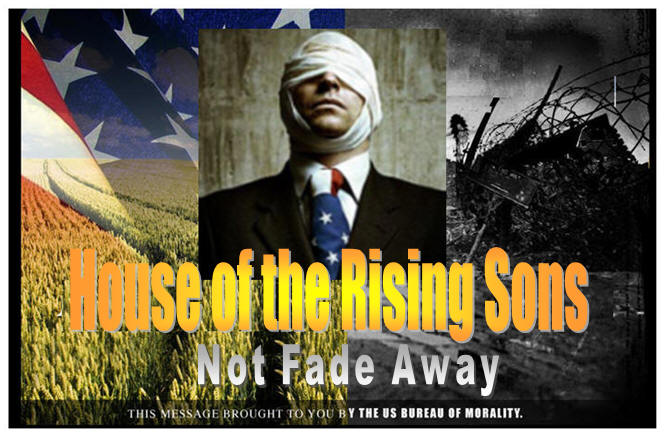http://www.newsweek.com/2010/11/13/all-about-mea.html#
All About Mea
by Jacob Weisberg
Upon leaving office, the U.S. president moves quickly into a new job: press agent for his past. None openly acknowledge this role, and few fail to become obsessed with it. By tradition, the former commander in chief directs his energy toward three reputational weigh-ins: the blockbuster memoir (which only the self-effacing Bush 41 failed to produce), the partisan biographical museum known as a presidential library, and his obituary.
What distinguishes George W. Bush from previous redemption seekers is that while protesting that he doesn’t sweat the judgment of history, he has focused on it to the exclusion of any other useful contribution to society. Bush did not remain engaged in foreign-policy issues, like Nixon or his father, or devote himself to global good works, like Carter and Clinton. His closest model so far is LBJ, who raced around his Texas ranch and stewed.
Bush faces an even steeper climb. When he left office, he was tied with Nixon for the title of least popular president. The legacy of two unfinished wars and a financial crisis make his near-term prospects for rehabilitation look pretty bleak. The right dislikes him for leaving behind a bloated government, the left for all the obvious reasons. In coming out with a book less than two years after leaving Washington, 43 is challenging a strong consensus that rates him a failure.
Decision Points sets out a straightforward case that we should think better of him. The argument in a nutshell: after the September 11 attacks, he had to act forcefully to defend the country. He did what he thought was right, made tough decisions, and prevented another major terrorist attack. He encouraged the spread of freedom around the globe.
The presentation has some of Bush’s familiar virtues: it’s crisp, blunt, and doesn’t ramble on and on. In the book, he does something he never did in office, namely, acknowledge error. Bush says he failed to make decisions quickly enough or communicate his concern after Hurricane Katrina. He shouldn’t have let them put up that MISSION ACCOMPLISHED banner. “It was a big mistake,” he writes.
The book also has Bush’s weaknesses: it is superficial, simplistic, and impatient to be finished. He leaps to conclusions without apparent thought or evidence. Bush’s capable former speechwriter, Chris Michel, has done an impressive job structuring a readable narrative around a series of major events. But if he leads his old boss to water, he can’t make him think. Because Bush is intellectually and emotionally incapable of truly reconsidering the past, his memoir fails to make a case that we should reconsider our view of him.
When CIA director George Tenet asks him to approve the waterboarding of terrorist suspects, Bush replies in characteristic fashion: “Damn right.” When When he asked “the most senior legal officers in the U.S. government” to review interrogation methods, “they assured me they did not constitute torture.” Case closed. You can’t argue with the choices Bush defends in this book, because he doesn’t argue them himself. He describes, asserts, and cites any authority handy, usually the authority he hired to defend his decisions.
Elsewhere, Bush’s disengagement tends toward delusion. Speaking up for his education policy, he offers this footnote: “The increases in federal education funding were significant, since my budget restrained non-security discretionary spending and eventually held it below the rate of inflation.” Does Bush sit in Crawford telling himself that he “restrained” spending? In fact, Bush enlarged the government faster than any president of the last half century, including LBJ, nearly doubling the budget from just over $2 trillion to just under $4 trillion during his eight years in office.
As to who he really is, and why he did what he did, Bush would seem the last person to provide insight. I’ve proposed my theories at length elsewhere. Given the way his worst choices reflected challenges to Bush 41, a good title for a more authentic memoir might be Nightmares for My Father. But boy, does W. not go there. He has always loved and admired his dad, nada mas. He acknowledges no cloaked motives, no pride, no politics, no competition with his father or brother Jeb. Bush wants us to believe he tried his hardest and did the best he could. His thin, shallow book strongly suggests that he did.
Nov 25, 2010
W. glances back and shrugs...
Labels:
Bail motherfucker Bail,
failure,
Farewell,
fascist
Subscribe to:
Posts (Atom)



